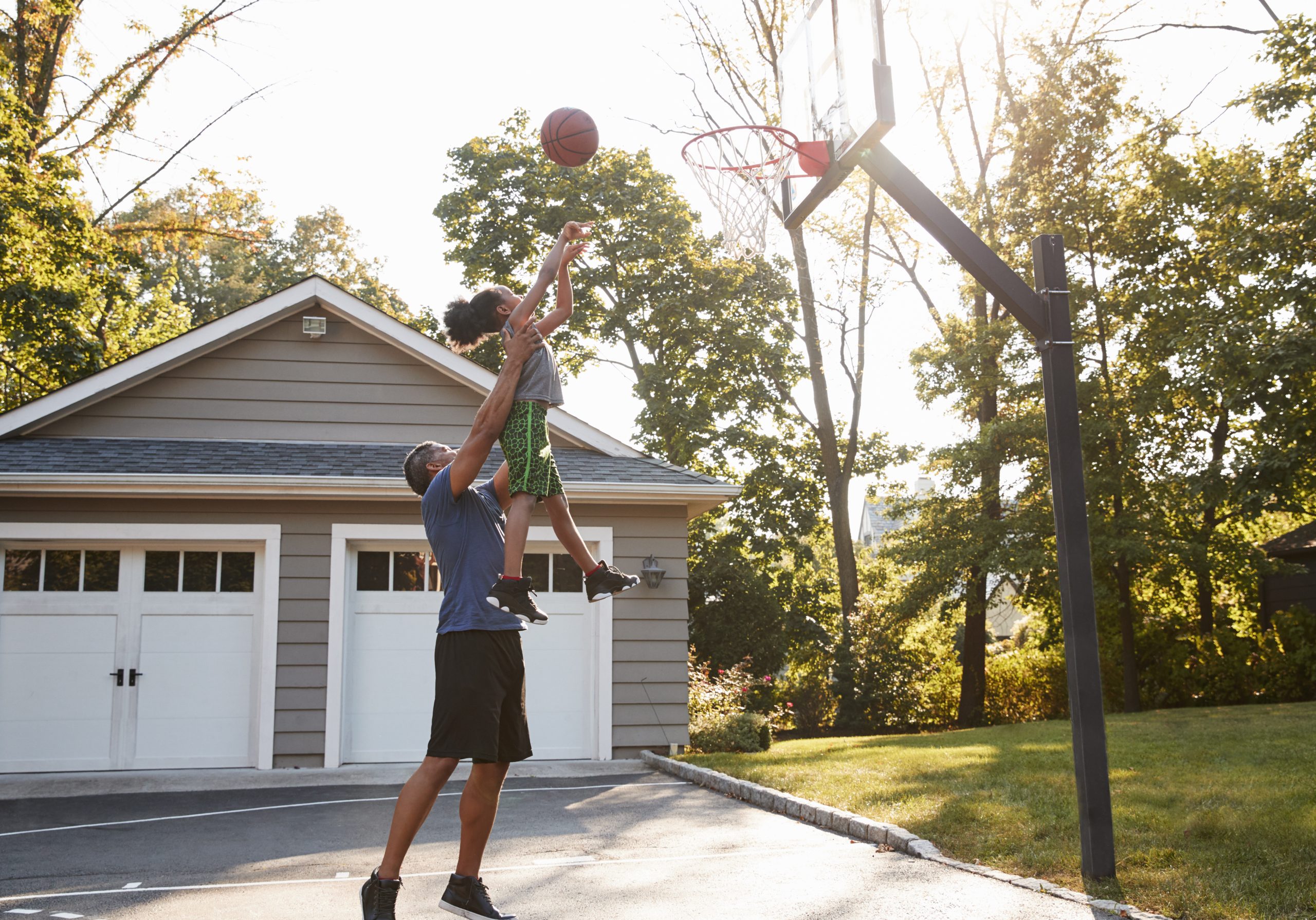
Every morning on the way to work, I travel a road that seems like a never-ending construction site. Workers have been perfecting this throughway for months, but it seems like there’s no end in sight. The road is down to one lane in several places, bumpy and dusty with heavy-duty vehicles lining the sides of the road and construction workers everywhere. Driving this road is like navigating an obstacle course. Yet I traverse it every morning because regardless of how difficult the drive, the road takes me where I need to go.
Often the road to peace can be as bumpy as a drive through a construction zone.
Jenna and I have four kids with four distinct personalities and four totally different ways of communicating. When everything mixes together well, we have a home full of joy. But let’s be real, the four little people in our house don’t always play nicely together. Arguments happen, and often.
When our kids fight, the quick fix is appealing. “Go to your rooms. You’re in time out. No more Wii for either of you. We’ll deal with this later.”
But when we take a breath and remember that we’re raising adults, we realize that the quick fix doesn’t teach them how to deal with real life, just how to escape it.
When kids are arguing, we have to be willing to put on our hard hats and walk our kids through the messy part of making peace. We can use those broken moments to help them learn how to restore the relationship that gets broken when an argument shatters the peace.
Over the years we’ve tried all sorts of strategies for helping our kids. Some have been great, others, not so much. Here are a few of the ones that have seemed to work:
- Imagine a “consequence” that restores what was broken and builds relational equity for the future. For instance, the brother that doesn’t allow little sister to play with him has to invite her to play a favorite board game together before the end of the week. When they see how much fun they have together, it helps build a relationship that might better weather the next squabble.
- Have your kids express to each other how they feel about what happened. Encourage active listening by having each of them repeat back what they heard the other say in their own words.
- Prompt your kids to apologize and ask for forgiveness. And seal the deal. They don’t have to hug or handshake or even offer a “foot five;” they just need an outward, mutual sign to let the other one know it’s over and we’re all ok now.
It takes a lot less energy to employ the quick fixes. But with the end goal of raising peace-making adults in mind, you can see that it’s worth the time to help your kids practice making peace. By helping them learn how to travel through the bumps in a rocky relational road, you’ll be helping your kids build lasting relationships with each other and setting them up to win with friendships outside of your home too.




